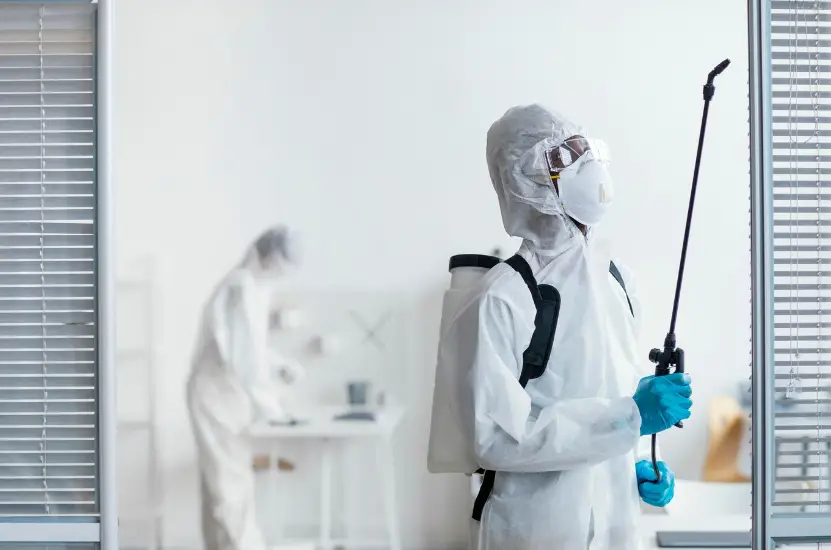The Essential Guide to Keeping Your Home Pest-Free

Maintaining a pest-free home is a common challenge for homeowners. Pests can be more than just a nuisance; they can pose serious health risks and cause damage to your property. This article will provide practical strategies to prevent infestations and ensure your living space remains comfortable and pest-free.
Understanding Common Household Pests
Before diving into prevention methods, knowing what you’re up against is crucial. Common household pests include:
- Insects: ants, cockroaches, bed bugs, and mosquitoes
- Rodents: mice and rats
- Arachnids: spiders and mites
- Others: termites, silverfish, and moths
Each pest has unique behaviors and requires specific strategies to control.
Proactive Prevention Measures
Regular Cleaning Routines
A clean home is your first line of defense against pests. Here are some cleaning tips:
- Wipe down surfaces after meals to remove crumbs and spills.
- Vacuum regularly to eliminate potential food sources for insects and rodents.
- Dispose of garbage promptly in sealed containers.
Sealing Entry Points
Pests can enter through the smallest of gaps. To prevent this:
- Inspect your home for cracks and crevices, especially where utilities enter.
- Use caulk to seal any openings in walls, floors, and foundations.
- Install door sweeps and repair damaged screens.
Managing Moisture
Many pests are attracted to moisture. To keep them at bay:
- Fix leaky pipes and faucets immediately.
- Use dehumidifiers in damp areas like basements and crawl spaces.
- Ensure proper drainage away from your home’s foundation.
Natural and Chemical Solutions
Natural Repellents
For those who prefer eco-friendly options, consider:
- Planting herbs like mint, basil, and lavender, which can deter pests.
- Using diatomaceous earth as a non-toxic barrier for insects.
- Employing essential oils like eucalyptus, tea tree, and citronella.
Chemical Treatments
When natural methods aren’t enough, chemical treatments may be necessary:
- Use baits and traps for a targeted approach to rodent control.
- Apply insecticides in areas where pests are most active.
- Consider professional-grade solutions for severe infestations.
When to Seek Professional Help
Sometimes, despite your best efforts, you may need to call in the experts. Here are signs that professional intervention is needed:
- You’re dealing with a large-scale infestation.
- Pests are causing significant property damage.
- DIY methods have failed to control the problem.
Professionals can offer more powerful solutions and advice tailored to your specific situation.
The Role of Regular Maintenance
Maintaining your home is key to preventing pest problems. This includes:
- Regularly inspecting your property for signs of pests.
- Keeping your garden and outdoor areas tidy to reduce hiding spots.
- Ensuring your home’s exterior is well-maintained to prevent easy access.
Educating Your Household
Everyone in your home should know pest prevention practices. Educate your family by:
- Discussing the importance of cleanliness and proper food storage.
- Teaching children to close doors and windows to keep pests out.
- Sharing the signs of pest activity to watch for.
Final Thoughts on Pest Management
Dealing with pests is an ongoing process that requires vigilance and consistency. Implementing the strategies outlined in this guide can create a strong defense against unwanted visitors. Remember, the key to success is a combination of cleanliness, maintenance, and timely intervention.
For those situations that require professional assistance, don’t hesitate to reach out to a reputable pest control service. They can provide the expertise and resources necessary to tackle even the most challenging infestations, ensuring your home remains a safe and comfortable environment for you and your family.
